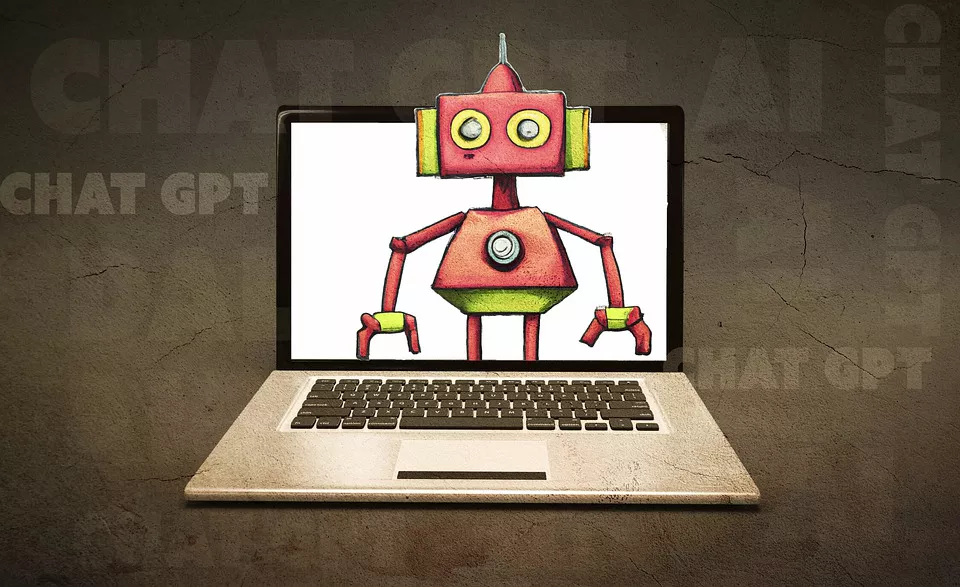US lawmakers stressed their concerns regarding the increasing influence of artificial intelligence as they listened to the latest figure to erupt from Silicon Valley, Sam Altman’s testimony in front of a US Senate judiciary subcommittee.
Altman is the CEO of OpenAI, the folks behind ChatGPT, which has disrupted the tech world as much as the world at large.
While Google CEO Sundar Pichai and Meta CEO Mark Zuckerberg were given quite a grilling by the Senate committee in the past, Altman’s was more of an atmosphere filled with concern, as a leading senator opened the hearing on Capitol Hill with a computer-generated voice, remarkably similar to his own, reading a text written by the bot.
‘If you were listening from home, you might have thought that voice was mine and the words from me, but in fact, that voice was not mine,’ the senator observed.
Altman, the global face of OpenAI, has himself raised concerns about the potential of AI technology such as ChatGPT, a bot that can churn out human-like content in an instant.
Altman used the testimony to urge Congress to impose new rules on big tech, saying ‘OpenAI was founded on the belief that artificial intelligence has the potential to improve nearly every aspect of our lives, but also that it creates serious risks.’
While Altman believes that generative AI developed by OpenAI will ‘address some of humanity’s biggest challenges, like climate change and curing cancer,’ concerns about disinformation, job security and other hazards are valid.
Check out: ChatGPT Prompts for Bloggers
‘We think that regulatory intervention by governments will be critical to mitigate the risks of increasingly powerful models,’ he said.
Altman suggested the US government might consider a combination of licensing and testing requirements before the release of powerful AI models and also recommended labeling and increased global coordination in setting up rules.
Europe’s AI Act is set to go to a vote next month at the European Parliament, which could have legal implications on use of tech in sensitive areas such as surveillance and biometric recognition.
US lawmakers underlined that all output from generative tools such as OpenAI’s ChatGPT and DALL-E, which can create painting reproductions, needs a transparency mechanism to let users know that the output was made by a machine.
Lawmakers also heard warnings that the technology was still in its early stages and too much regulation may stifle it.
Lawmakers were warned against being too broad-stroked in setting up rules on AI, as ‘restaurant recommendations or email drafts’ may not have the same impact as ‘decisions on credit, housing, or employment.’
Stay updated with all the insights.
Navigate news, 1 email day.
Subscribe to Qrius

